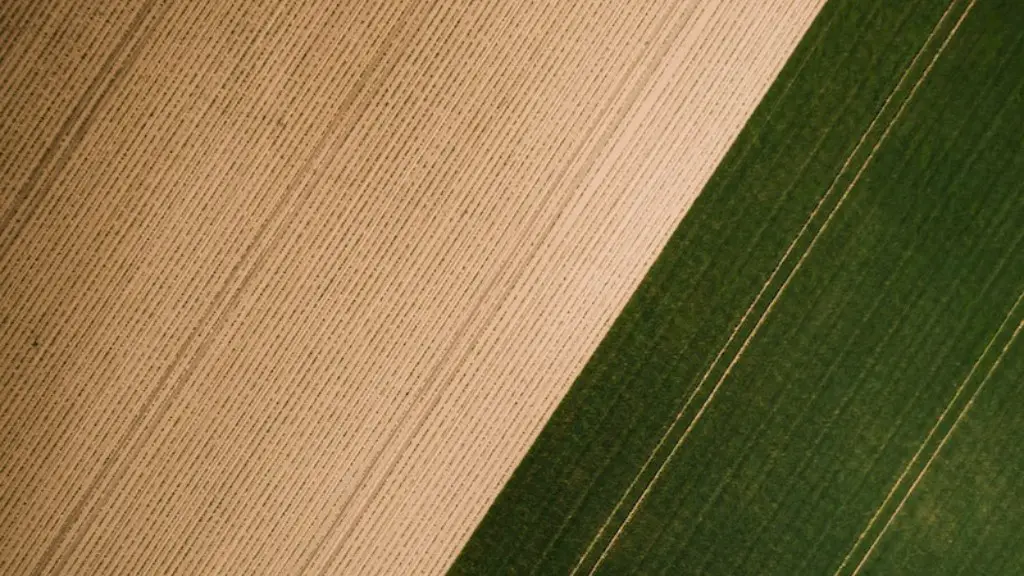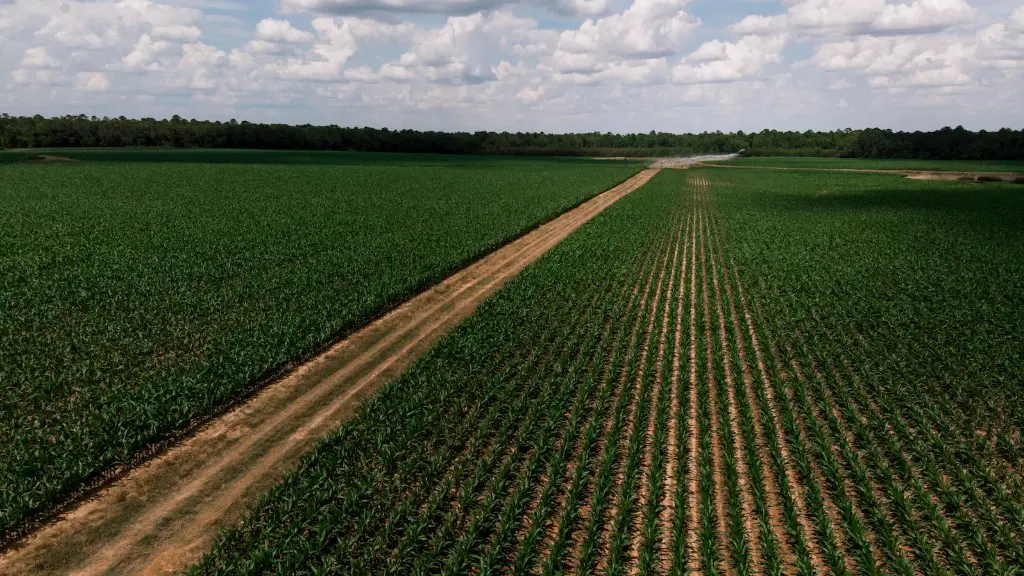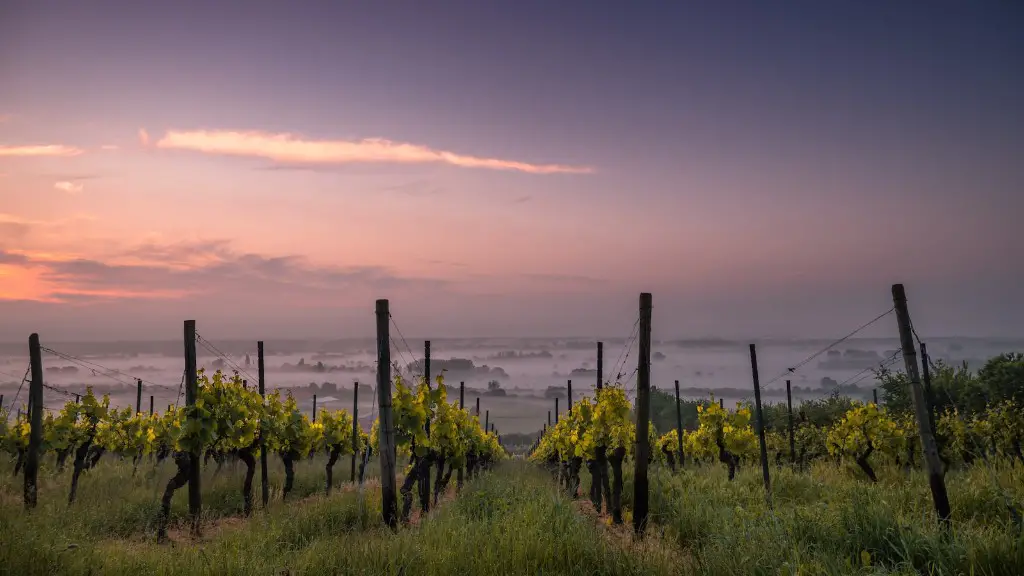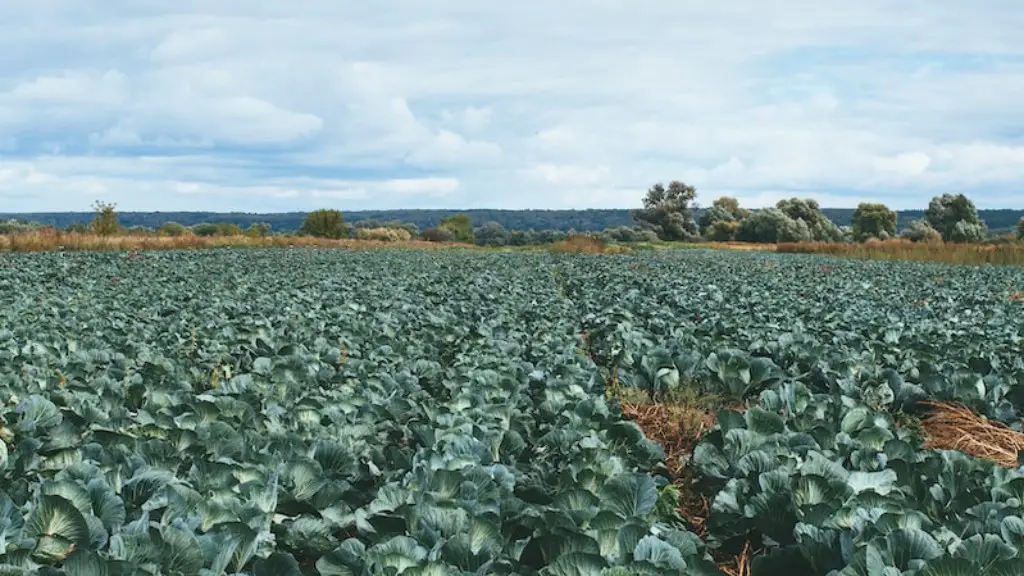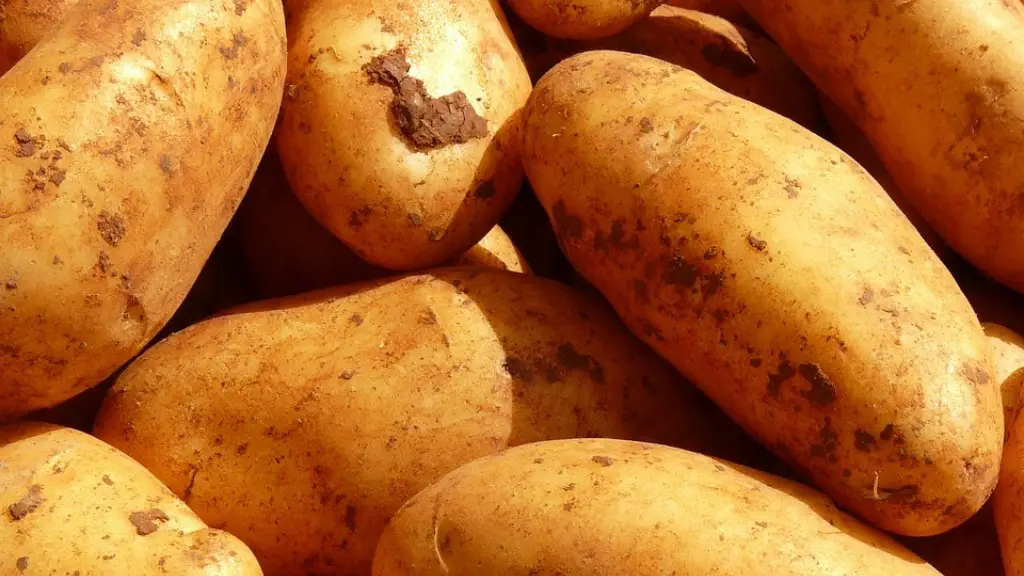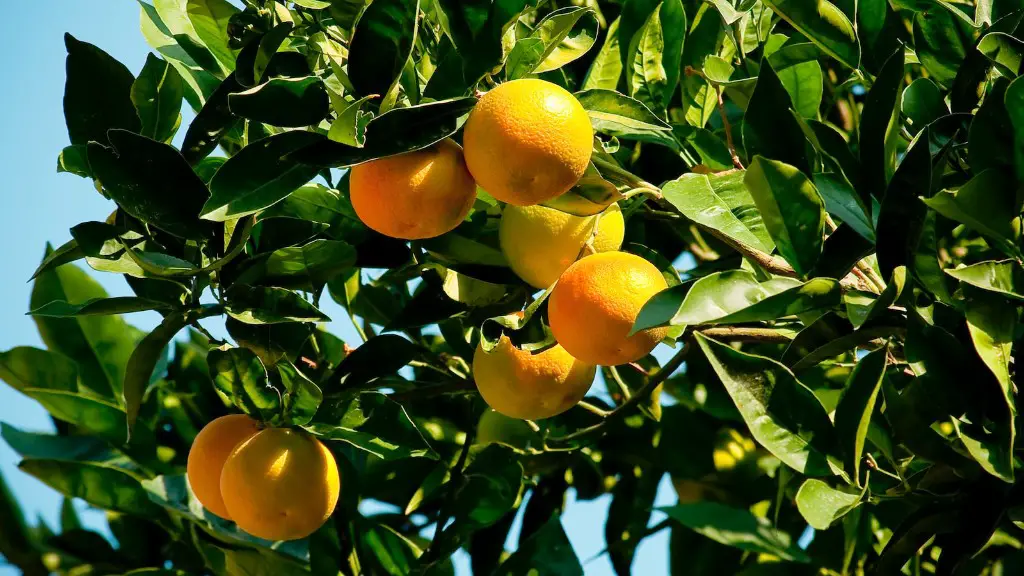Agriculture is defined as the cultivation of crops and raising of livestock for economic gain. It is the primary sector of the economy that deals with the production of food and raw materials. Agriculture is a vital part of human civilization and has been practiced since the dawn of civilization. It is an important source of livelihood for millions of people around the world.
The word agriculture is derived from the Latin ager, meaning “field,” and agricultura, meaning “cultivation.” Agriculture generally refers to the cultivation of plants, animals and other life forms for food, fiber, biofuel, drugs and other products used to sustain and enhance human life. Agriculture is the primary means of production for a majority of the world’s population.
What is the best definition for agriculture?
Agriculture is one of the most important aspects of human civilization. It is the art and science of cultivating the soil, growing crops and raising livestock. Agriculture includes the preparation of plant and animal products for people to use and their distribution to markets.
Agriculture has played a key role in the development of human civilization. It is responsible for the food we eat, the clothes we wear and the shelter we live in. Agriculture has also been a major source of employment and income for people around the world.
Despite its importance, agriculture is a sector that is often neglected. This is because it is considered to be a low-tech industry and its contribution to the economy is often underestimated. However, agriculture is a complex and dynamic sector that is constantly evolving.
The future of agriculture is uncertain. With the increasing population and the changing climate, there is a need for more food. At the same time, there is a need to protect the environment. This means that agriculture will need to become more efficient and sustainable.
The challenges facing agriculture are many and varied. But with the right policies and investments, agriculture can continue to play a vital role in the development of human civilization.
Agriculture refers to the act of farming and raising livestock. This can include activities such as soil preparation, seed planting, crop harvesting, gardening, viticulture (growing grapes), apiculture (bee-raising), dairying, poultry, and ranching. Agriculture is an important part of many cultures and has been practiced for centuries. It is a vital part of the food supply chain and provides many people with their livelihoods.
What are the 7 sectors of agriculture
The agricultural sector includes a wide range of businesses and organizations that are involved in the production, processing, and distribution of food and other agricultural products. The sector includes everything from small family farms to large agribusinesses and international food companies. In addition to food, the sector also produces a wide variety of other products, such as textiles, apparel, and leather goods.
Crops are agricultural products that are grown, harvested, or collected. dairy cows are cows raised mainly for the production of milk for dairy products. farmers are people who earn a living by farming, especially ones who manage or operate a farm.
Why is agriculture important in simple words?
Agriculture is a vital sector of the economy, providing food for people and raw materials for industry. It plays a major role in economic growth and development, and is a cornerstone of human existence.
Agriculture is an important part of the world economy and it is responsible for the production of food and other raw materials. Agriculture is a complex sector that employs a variety of different methods to raise and look after crops and animals.
What are the 4 types of agriculture?
Agriculture is the science, art and practice of producing food, feed, fiber and other desired products by the cultivation of certain plants and the raising of animals. The main branches of agriculture are livestock production, crop production, agricultural economics and agricultural engineering.
Agriculture is a vital sector of the economy and it plays a significant role in the development of a country. It is one of the oldest economic activities and it is still relevant in today’s society. Farming is the process of producing food, wool, and other products by cultivating the land. Research and development are important aspects of agriculture, as they help to improve crop yields and livestock husbandry.
What is agriculture explain in 100 words
Agriculture is the science and art of cultivating plants and livestock. The history of agriculture began thousands of years ago. After gathering wild grains beginning at least 105,000 years ago, nascent farmers began to plant them around 11,500 years ago. Agriculture allowed for the domestication of plants and animals, which led to the development of civilizations. Agriculture continues to be a vital part of the world economy, providing food, fuel, and other products.
There are many different types of farms, each with its own distinct purpose and method of operation. Here are 15 different types of farms:
1. Aquaculture Farming: Aquaculture is the raising of fish, shellfish, and other aquatic creatures in tanks or other enclosed bodies of water.
2. Cooperative Farming: A cooperative is a jointly-owned and democratically-controlled business. In the case of farming, cooperatives are usually formed by a group of farmers who pool their resources and knowledge to increase their efficiency and collective bargaining power.
3. Hay Farming: Hay farming is the cultivation of grasses and other plants specifically for the purpose of being used as animal feed.
4. Organic Farming: Organic farming is a method of agriculture that emphasizes the use of natural processes and products, as well as ecological balance, to enhance the fertility of the land.
5. Urban Farming: Urban farming is the cultivation of crops and livestock in an urban environment.
6. Nomadic Farming: Nomadic farming is a type of agriculture practiced by people who move from place to place, usually following grazing animals.
7. Sedentary Farming: Sedentary farming is a type of agriculture in which farmers do not move from
What are the 3 components of agriculture?
Conservation agriculture (CA) as recommended by the Food and Agriculture Organization of the United Nations consists of three components: minimum soil disturbance, soil cover, and crop rotation/association.
Soil disturbance is minimized through the use of no-till or direct seeding methods. Soil cover is achieved through the use of mulches or living cover crops. Crop rotations and associations are used to interrupt pest cycles and improve soil health.
CA can help to improve crop yields, reduce production costs, and conserve natural resources.
Referred to as the Big 4 – DowDuPont, Bayer-Monsanto, ChemChina-Syngenta and BASF – are four giant firms running the show in the agriculture industry. With all the recent mergers and acquisitions, these companies now have a huge grip on the world’s food supply. And it’s not just seeds and pesticides they’re selling – they’re also selling the technologies and data that farmers need to grow their crops.
With such a big grip on the market, these companies have a lot of power. And they’re not afraid to use it. For example, they’ve been accused of price gouging and monopolizing the market. And they’re also facing accusations of putting small farmers out of business.
There’s no doubt that the Big 4 have a lot of power. But whether that power is used for good or bad is up to them.
What is agriculture simple sentence
Agriculture refers to the cultivation of land and raising of animals for the purpose of producing food and other raw materials. Agriculture is vital for the survival of humans as it provides us with the food and materials that we need to live. Without agriculture, we would not be able to survive.
The importance of agriculture goes beyond just farming. It includes promoting, processing, marketing, and distribution of crops and livestock products. Agriculture is a vital part of the economy, providing jobs for millions of people around the world.
In developed countries, agriculture provides a significant portion of the GDP. In developing countries, agriculture is often the main source of livelihood for people. It is also a key sector in terms of food security, as it provides the food we eat every day.
Agriculture is also important for environmental reasons. It is a major source of greenhouse gas emissions, but at the same time it can help to mitigate climate change through practices such as agroforestry.
There are many challenges facing agriculture, such as climate change, water scarcity, and soil degradation. But with the right policies and investments, agriculture can continue to play a vital role in the global economy and in our daily lives.
What are 3 reasons why agriculture is important?
Agriculture is the backbone of any economy and it is important for multiple reasons. It is the main source of raw materials for many industries, it is crucial to international trade, and it provides employment for a significant percentage of the population. In addition, agricultural production is a key factor in a country’s development and it can also help to heal the environment.
Agriculture is a vital sector for economic development and poverty alleviation. It can help reduce poverty, raise incomes and improve food security for the poor. The World Bank Group is a leading financier of agriculture, providing support for farmers, agribusinesses and governments. We are committed to increasing our support for agriculture and rural development, so that more people can benefit from the sector’s potential.
Final Words
Agriculture is the science, art, and practice of farming, including the cultivation of crops and the raising of livestock.
The definition of agriculture is the science, art, and practice of producing plants and animals for human use. Agriculture was the key development in the rise of civilizations, agriculture allows for the domestication of plants and animals, which in turn allows for the clearance of land for other purposes such as housing and industry. Agriculture allowed for the rise of civilizations by providing a food surplus, which allowed for the development of other aspects of society such as art, culture, and religion.
